White farmers from Zimbabwe, the former Southern Rhodesia, are a priori not the ethnic minority whose fate inspires the highest level of compassion. They were the dominant political class under Ian Smith’s regime which refused decolonization between 1964 and 1979, and it’s easy to imagine that they still maintain a privileged way of life.
That was certainly my impression during my first visit in 1997. Before going to Victoria Falls and a three-day kayak safari down the Zambezi, we spent a few days invited by the owner of a large tobacco farm not far from Harare. His welcome was exquisite and charming and his domain was expertly managed, with a private air strip and game reserve. Clearly, this businessman’s efforts – who started from scratch in the 50s – were still bearing fruits during the first years of the Mugabe era.
Douglas Rogers’s parents must have, all things being equal, experienced something similar. Around the same time, his father Lyn left his lawyer’s practice in Mutare to open with his wife Rosalind, « Drifters », a backpacker lodge in the Manicaland hills, in the eastern part of the country, close to the Mozambican border. The lodge was endorsed by « Lonely Planet » and organized pizza parties on weekends which were very popular with local farmers.
« The Last Resort » written by Douglas Rogers tells his parents and their lodge’s story as well as how he rediscovered his country and his roots. In 2000, for mainly political reasons, Mugabe implemented a policy expropriating white farmers. In theory this was meant to benefit the veterans from the Independence war, but in practice the regime’s big shots obtained the properties.
The farmers had to leave their land on a few days’ notice and were not compensated. Some evictions turned violent. Many of Lyn and Rosalind’s neighbors found shelter in Drifters’ bungalows who had been abandoned by the tourists. They would soon be joined by members of the MDC, the political party opposing Mugabe, who were coming to hide and flee the persecutions.
Douglas Rogers comes to Zimbabwe to visit his parents as they are anticipating an imminent eviction and are showing a lot ingenuity to maintain their business afloat. He realizes that his parents are growing marijuana, and that the manager who imposed himself to exploit the restaurant transformed it into a disco, and even in a brothel for the well-to-do. The discovery of diamonds mines in the region exacerbates further the tensions and, in an atmosphere ever more surrealist, the country spirals down into hyper-inflation during which 100 trillion Zimbabwe dollars banknotes where not worth the paper on which they were printed.
The book is full of funny episodes, but is also very moving. Far from being a litany of complaints, it makes a humorous and compassionate portrait of a country and a population – Blacks and Whites – living a difficult and complex history but being surprisingly resourceful when confronted with adversity.
The Last Resort: A work-in-progress from Isa Jacobson on Vimeo.
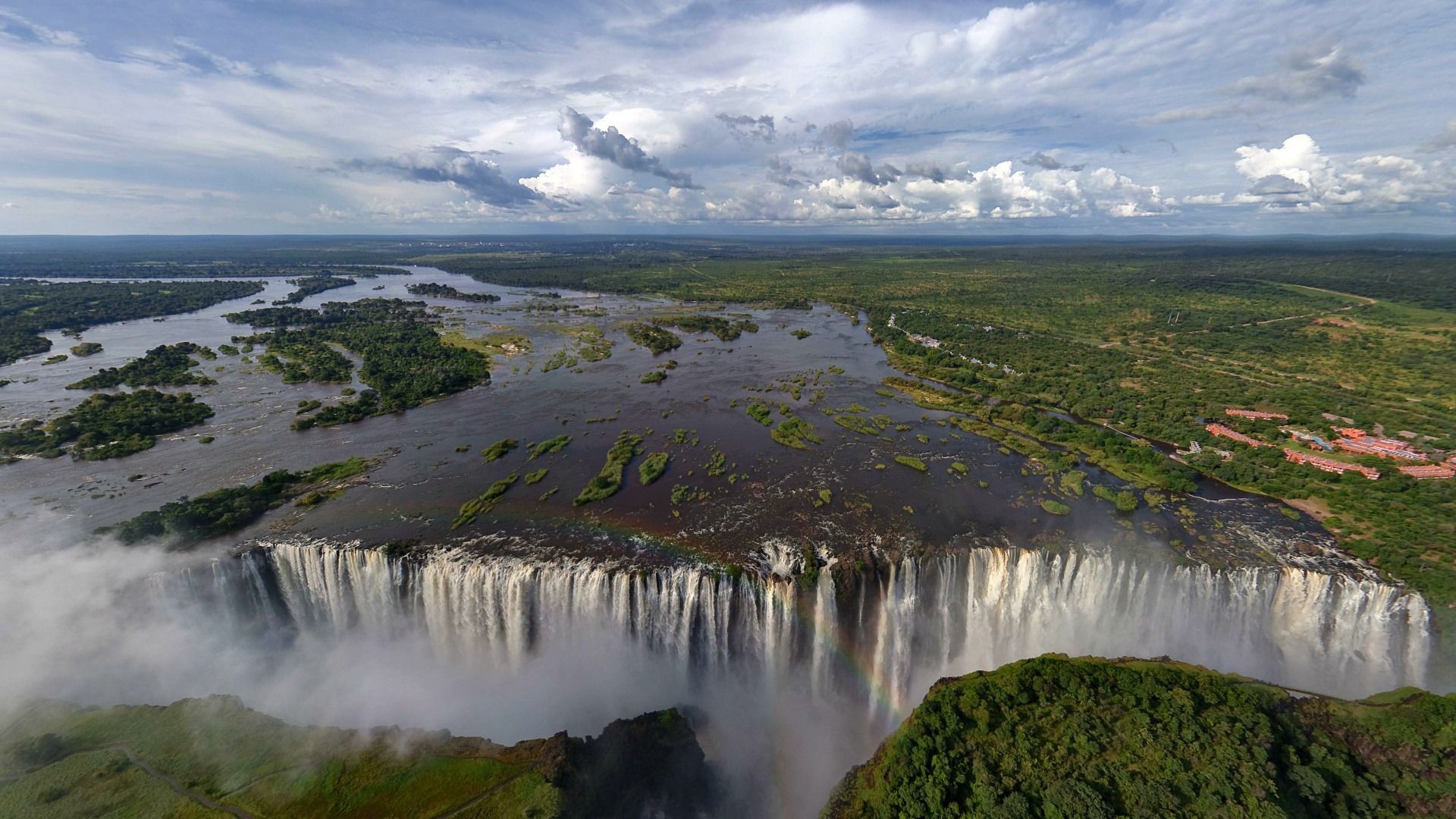
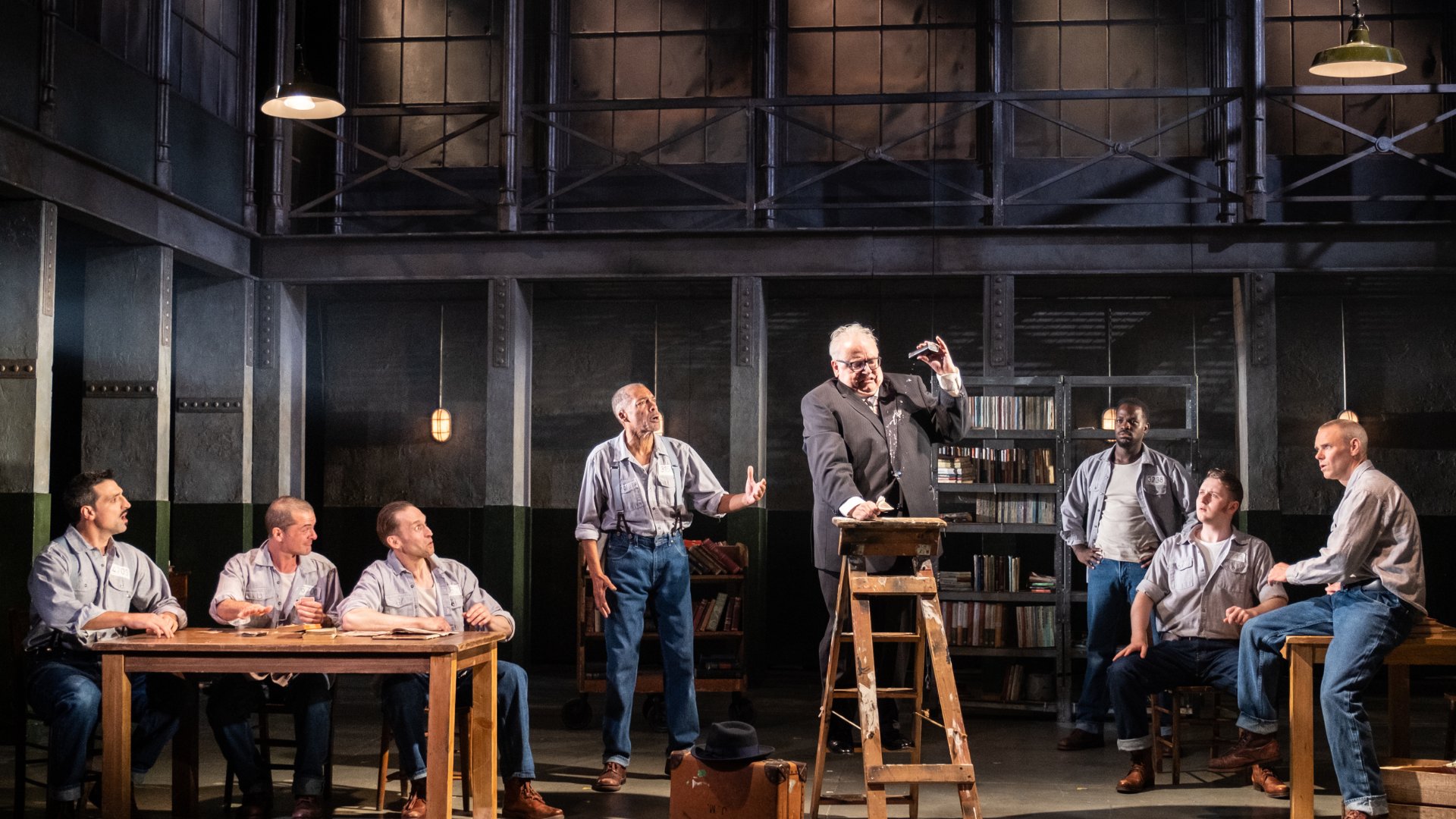
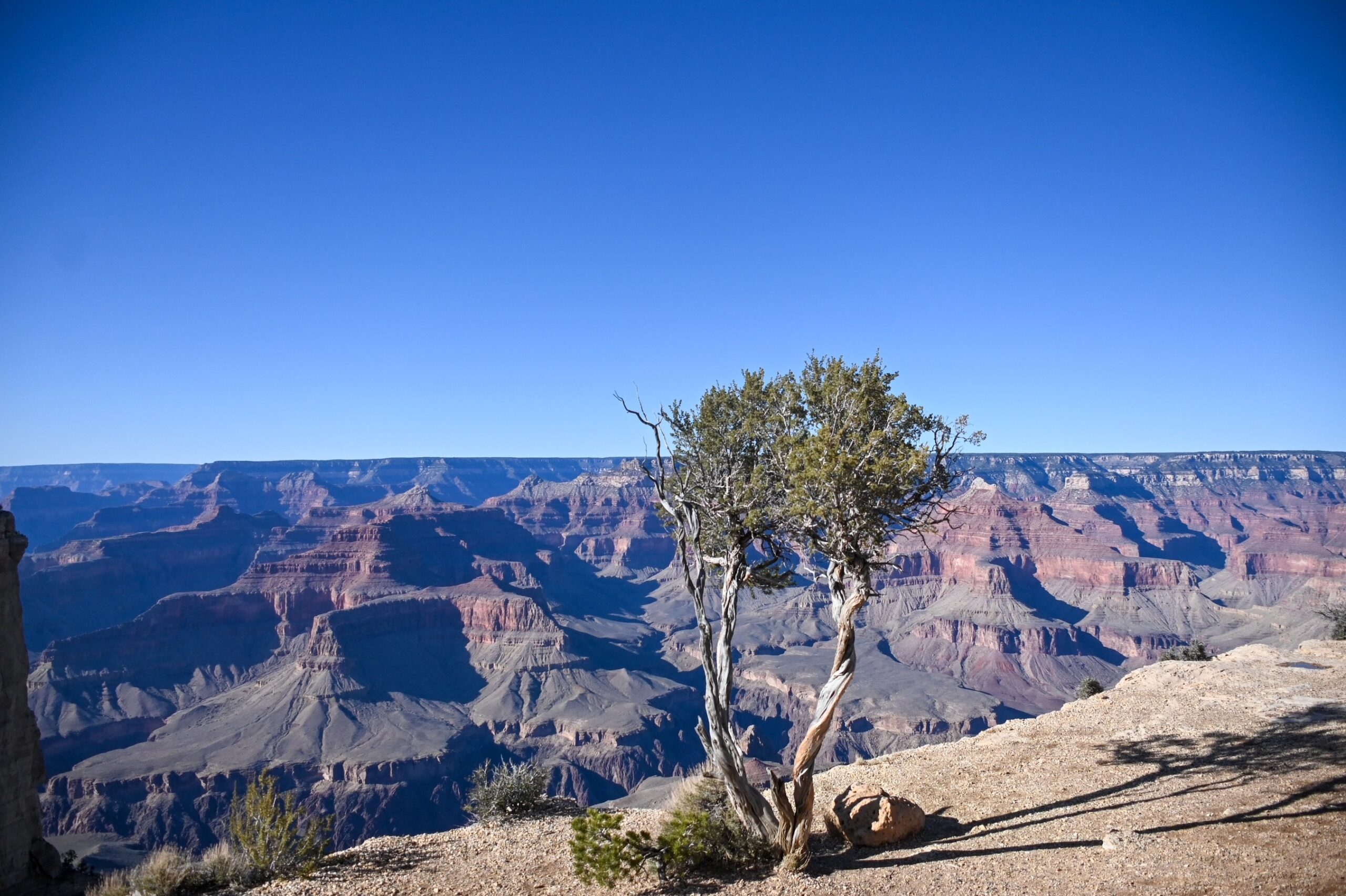
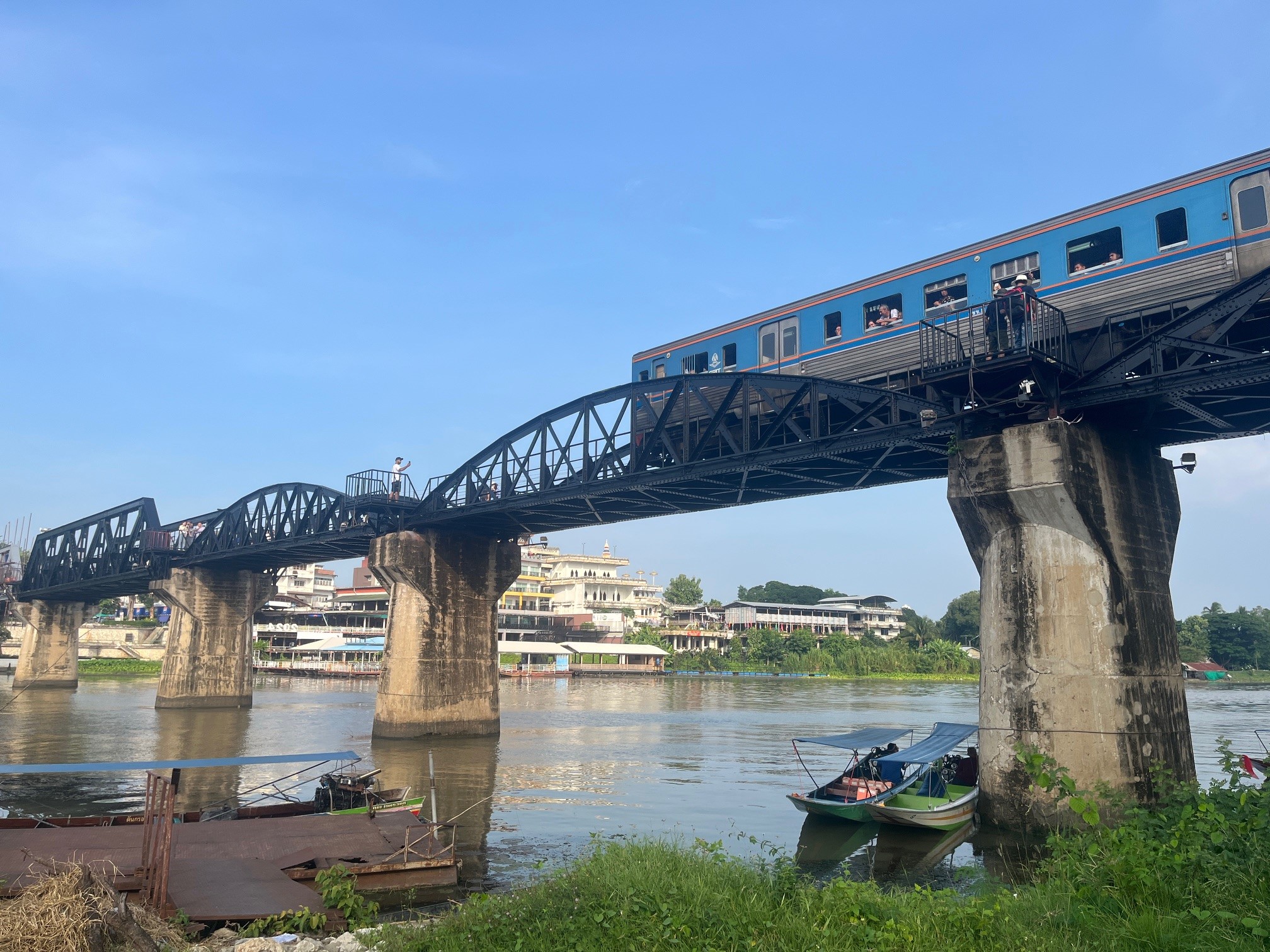
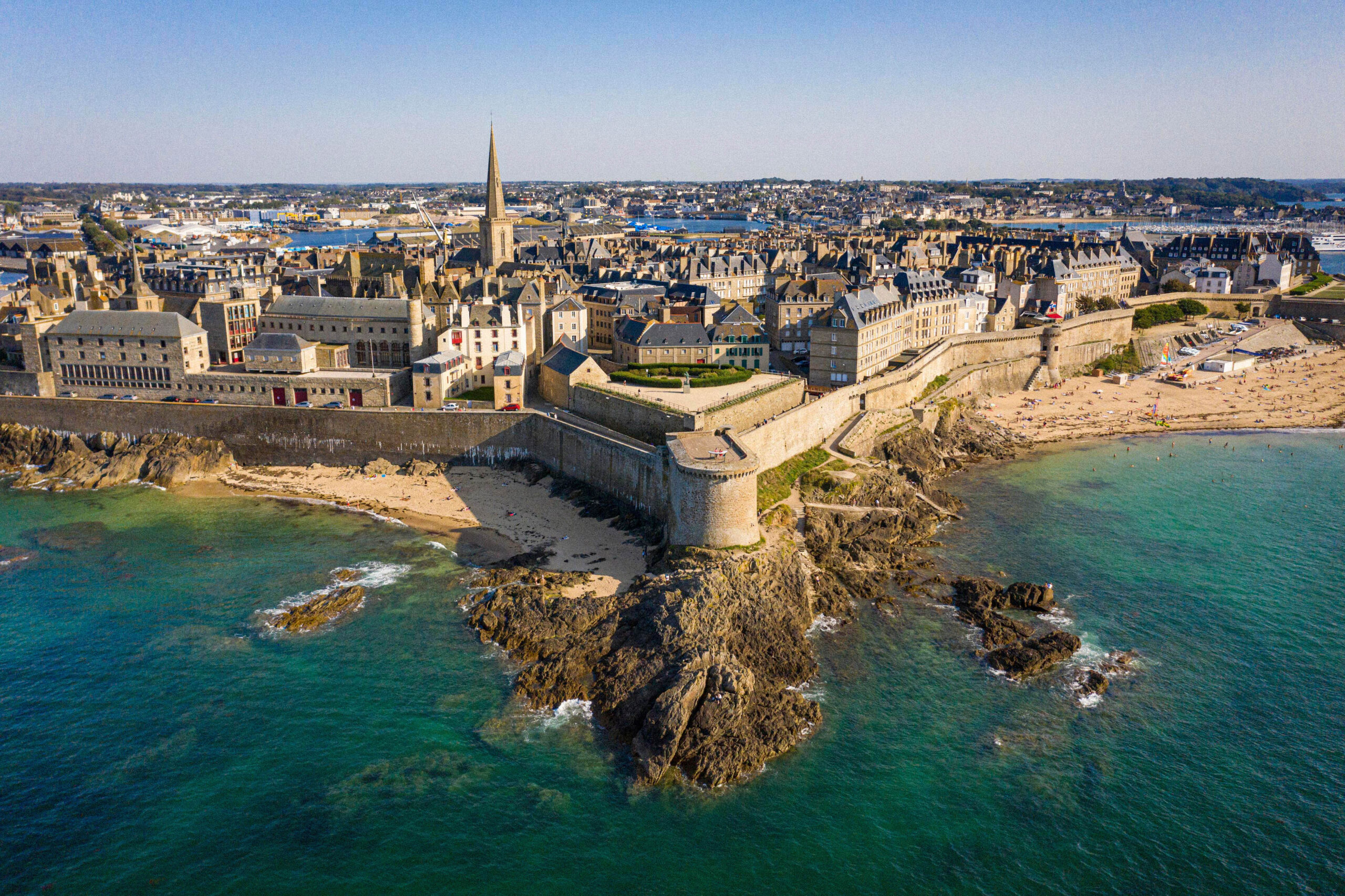

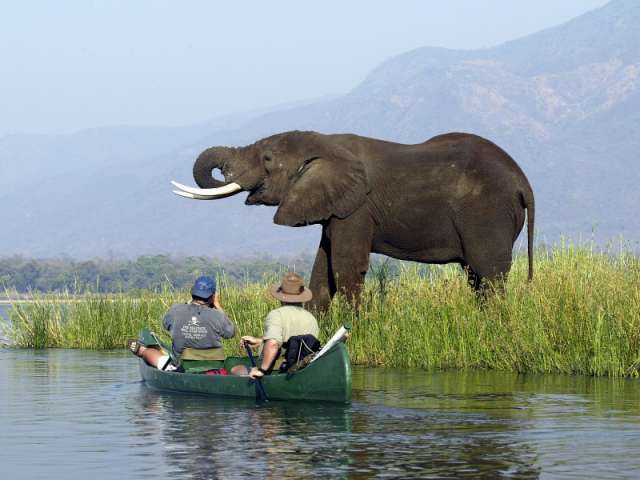
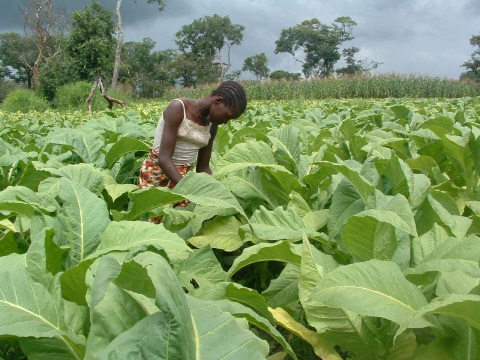
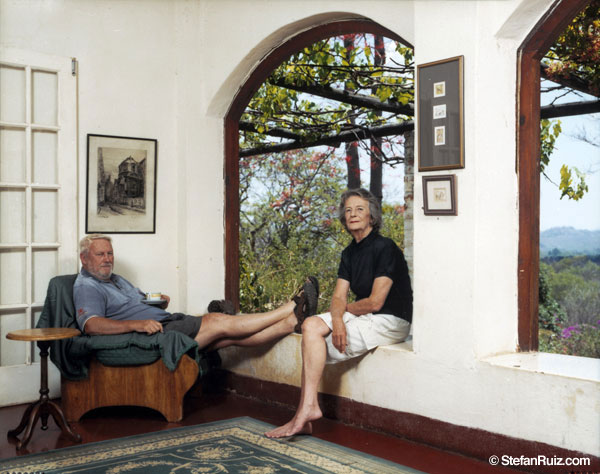
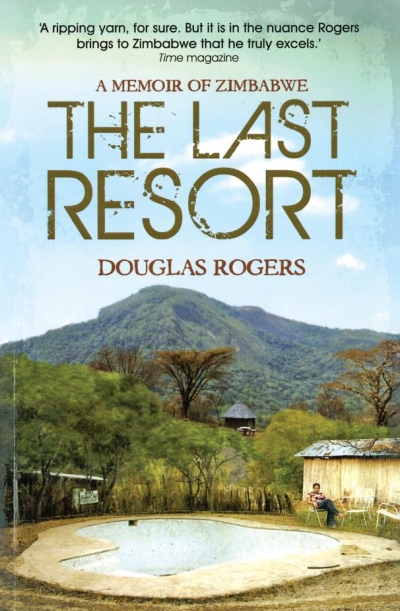
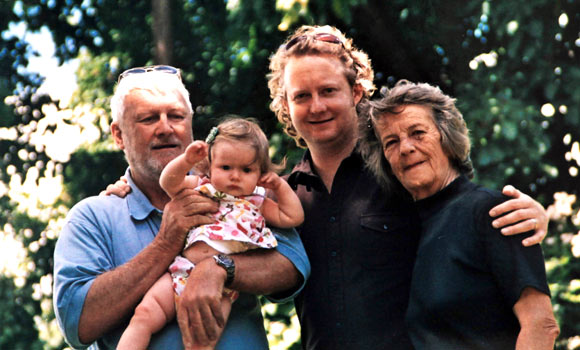
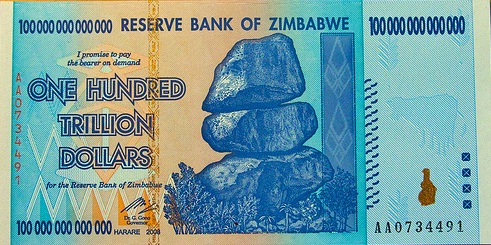
helooooo what’s happened to drifters and Doug’s parents since the book? ps I loved the book
Hello Gill,
I looked online for an update from Doug and I found this article written in December 2017 after Mugabe finally relinquished power.
https://www.telegraph.co.uk/news/2017/12/08/special-report-zimbabwe-street-party-tanks/
Best,
Damien
Douglas,
my wife and I just read your remarkable book. She spent time in Zim as a kid (in boarding school in Harare). We went there on our honeymoon when we thought it was paradise in 97!
We hope your parents faired well. What a remarkable couple!
best wishes
philip and Kristin
Dear Philip and Kristin,
Thanks for your message. Please note that I am not Douglas Rogers, the author of “The Last Resort”. I was just reviewing his book which is indeed remarkable.
I visited Zimbabwe in 1997, like you, and I agree that it was paradise. I went back to Harare last year for the first time since my first visit, and despite what you read in the press, the city was still very nice. Let’s hope the recent political changes in the country will bring it back to better economic and political fortunes.
Damien